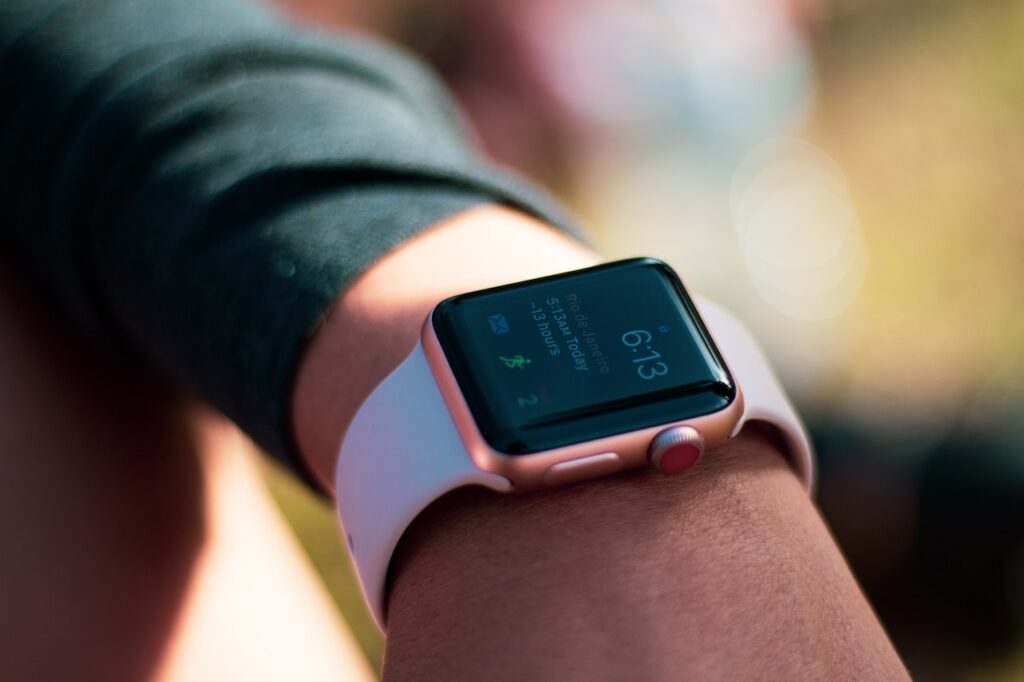A first-of-its-kind study has determined that the COVID-19 booster vaccine is safe – using smartwatches.
Researchers at Tel Aviv University equipped nearly 5,000 Israelis with smartwatches and monitored their health and vital signs for two years. Of those monitored, 2,038 received the booster dose of the vaccine, allowing the researchers to objectively compare measures before and after the participants took the vaccine.
Using the smartwatches, researchers were able to compare the condition of the vaccinated patient with their baseline condition from 42 days before receiving the vaccine, to their condition 42 days after they received it. They also obtained data about the participants’ health status through daily questionnaires.
After administration of the vaccine, they did find that the heart rate of some had increased compared to the pulse rate measured before vaccination – but saw the pulse levels return to their previous levels after six days.
In collaboration with the research institute of the Maccabi healthcare system in Israel, the researchers further examined the safety of the booster by analyzing the medical files of 250,000 anonymous members of the healthcare service.
They also paid special attention to look for rare side effects from the vaccine, like inflammation of the heart muscle, and found no increase in serious incidents associated with the vaccine among all the medical files studied.
From this analysis, they were able to evaluate the safety of the vaccines from three perspectives: clinically (what the doctor diagnoses), objectively (what the watch detects), and subjectively (what the participant reports).
“The most surprising finding was that the watches were more sensitive than the people we were monitoring,” said the researchers.
“Many participants reported fatigue, headache, etc. after receiving the vaccine, and after two or three days reported that they felt normal and well. In contrast, from examining their watches, we saw distinct changes in heart rate that continued for several more days.
“There were also vaccinated participants who did not report any side effects at all and yet definitely experienced physiological changes, based on data from their smartwatches. In other words, we learned that the smartwatches were more sensitive to changes in general feeling than the participants themselves.”
The results of the research were published in the academic journal Lancet Respiratory Medicine.
Related posts

Israeli AI Safety Tool Among TIME’S Best Inventions For 2024

TAU Team Discovers Mechanism To Eliminate Cancerous Tumors

Ashdod Port Investing In Startups As Part Of Innovation Strategy




Facebook comments